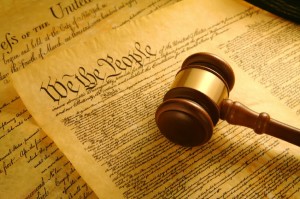submitted by jwithrow.
Click here to get the Journal of a Wayward Philosopher by Email
Journal of a Wayward Philosopher
The Self-Referential Awakening – Heeding the Warrior’s Call
January 4, 2016
Hot Springs, VA
The S&P closed out Friday at $2,044. Gold closed at $1,060 per ounce. Crude Oil closed at $37.07 per barrel, and the 10-year Treasury rate closed at 2.27%. Bitcoin is trading around $431 per BTC today.
Dear Journal,
Happy New Year! As I touched on in my last journal entry, I expect 2016 to be a very interesting year in the financial markets. Credit has been expanding and interest rates have been falling for more than three decades now, but 2016 may be the year those trends reverse.
The “authorities” will fight such a trend reversal with everything they have, but Mr. Market will eventually assert himself. Trees don’t grow to the sky, as they say. For a more detailed look at the prominent macroeconomic trends of our time, as well as how to position your finances accordingly, please see our online course Finance for Freedom: Master Your Finances in 30 Days.
Moving from finance to philosophy…
Socrates: Everyone wants to tell you what to do and what’s good for you. They don’t want you to find your own answers, they want you to believe theirs.
Dan: Let me guess, and you want me to believe yours.
Socrates: No, I want you to stop gathering information from the outside and start gathering it from the inside.
Continue reading “The Self-Referential Awakening – Heeding the Warrior’s Call”




